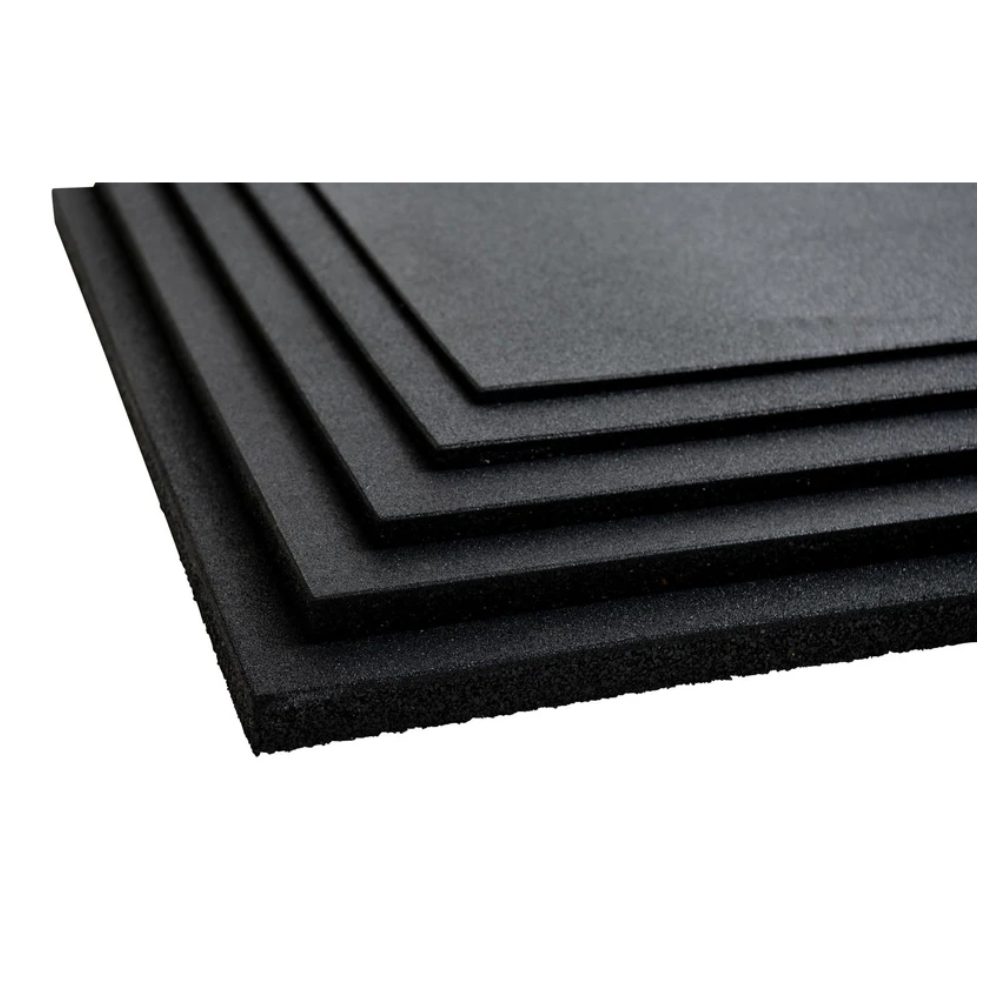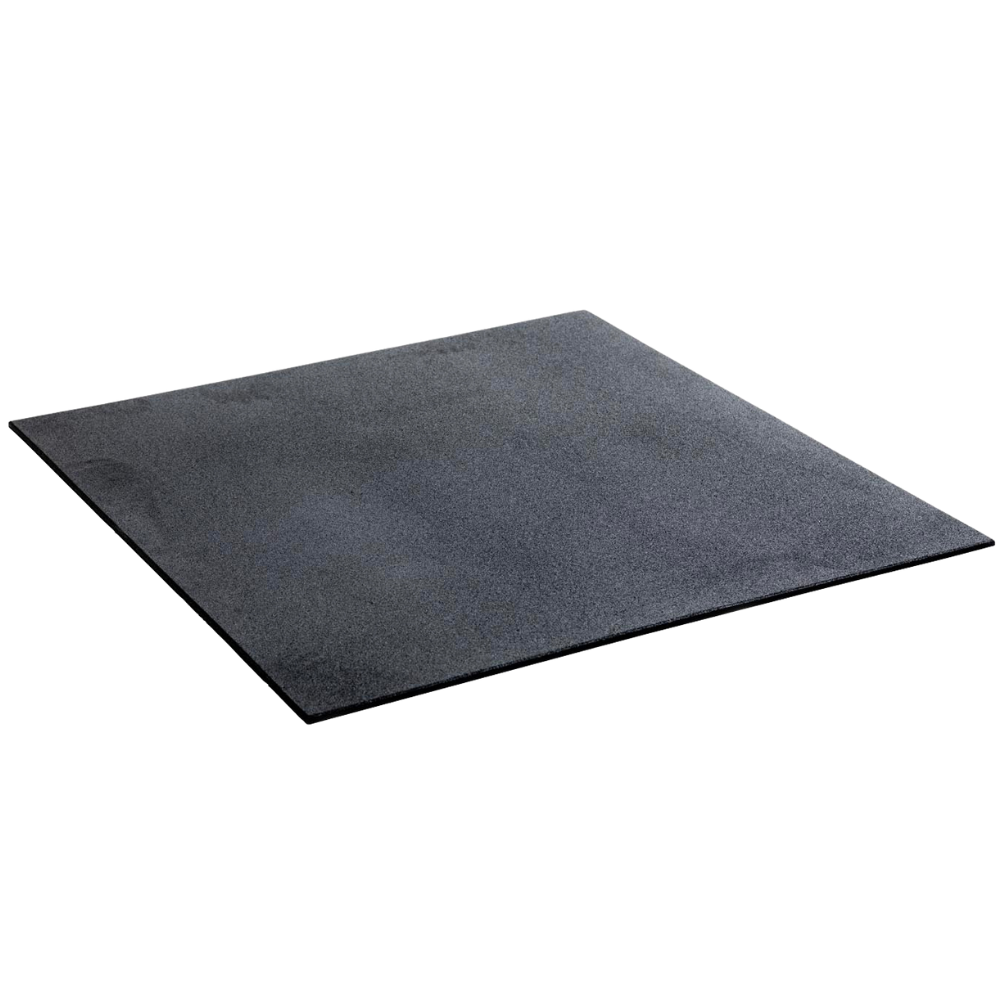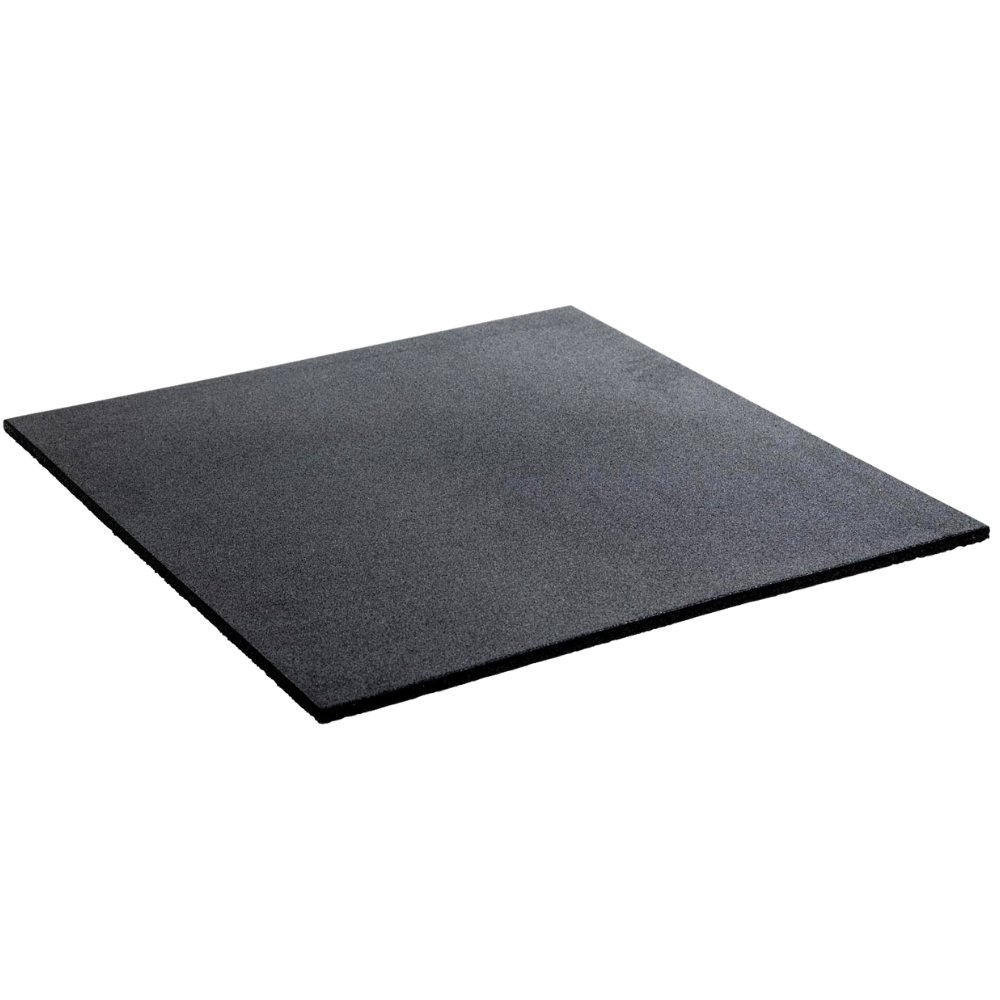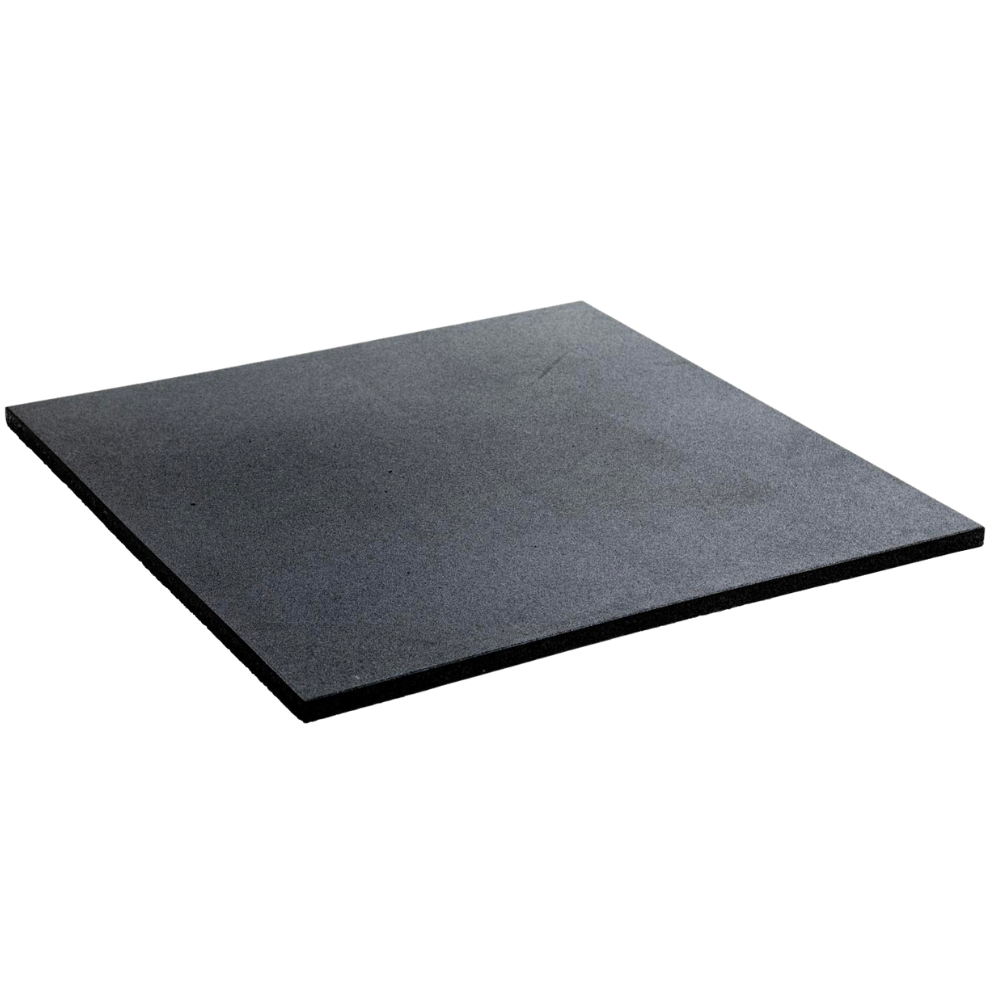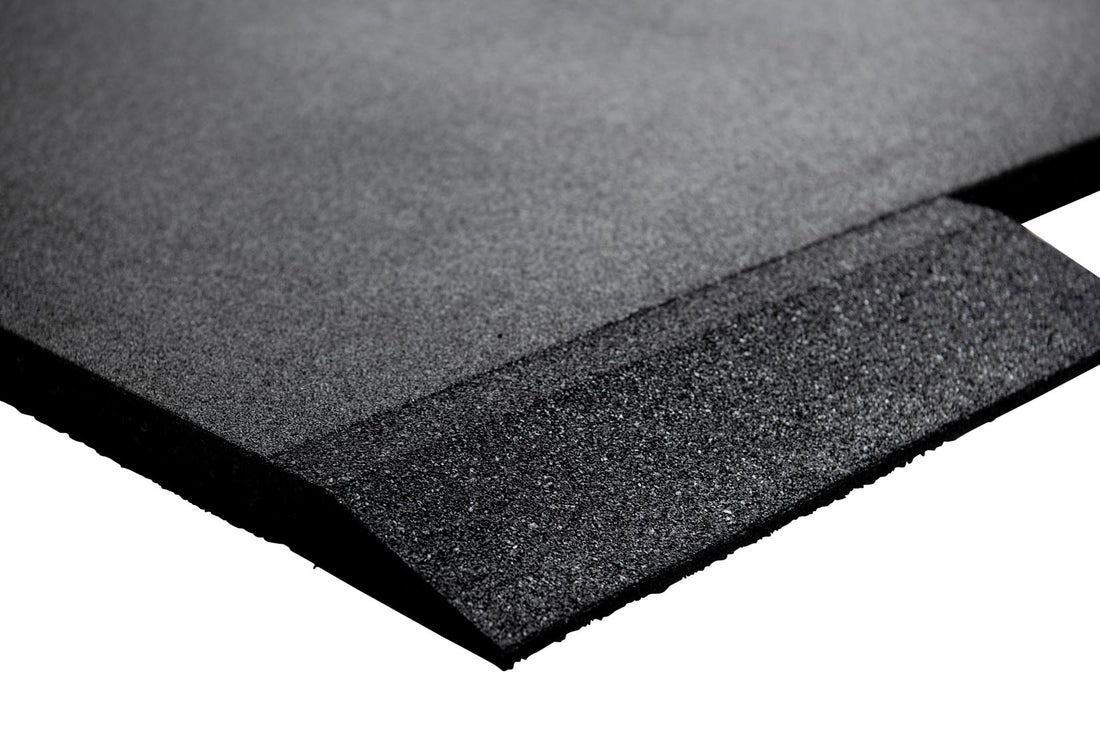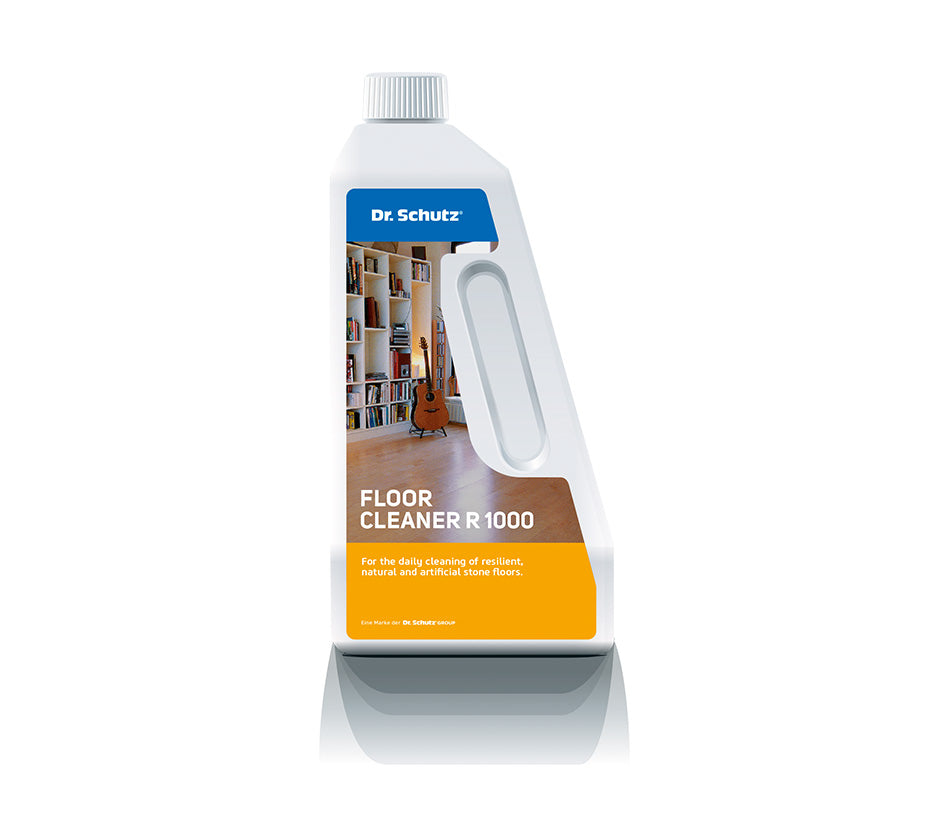Gym Flooring Guide: What You'll Learn
- What is Rubber Gym Flooring?
- Home vs Commercial Rubber Gym Flooring
- Choosing the Right Thickness
- Installation Guide
- Cost Breakdown & Budget Planning
- Maintenance & Care Guide
- Frequently Asked Questions
Whether you're setting up a home gym in your garage or outfitting a commercial fitness facility, rubber gym flooring is the foundation of any successful workout space. This comprehensive guide covers everything you need to know about home & commercial gym flooring solutions, with expert insights for fitness enthusiasts and business owners across the UK.
Quick Answer: Rubber gym flooring provides superior protection, noise reduction, and durability for both home and commercial gyms. Factors like usage intensity, space requirements, and budget should influence your flooring choice.
What is Rubber Gym Flooring?
Rubber gym flooring is a specialized flooring solution designed specifically for fitness environments. Made from high-density rubber, it provides essential protection for both your equipment and the underlying floor structure.
Key Benefits of Rubber Gym Flooring:
- Shock Absorption: Reduces impact on joints and protects equipment
- Noise Reduction: Minimizes sound transmission, perfect for home gyms
- Durability: Withstands heavy weights and constant use
- Non-Slip Surface: Provides secure footing during workouts
- Easy Maintenance: Simple to clean and maintain
- Longevity: Lasts 10-20 years with proper care
UK-Specific Considerations
The UK's variable climate, from humid summers to cold winters, makes rubber flooring an ideal choice. The material's thermal properties help maintain consistent performance year-round, while its moisture resistance is crucial in often damp conditions.
Home vs Commercial Rubber Gym Flooring: What's the Difference?
| Feature | Home Gym Flooring | Commercial Gym Flooring |
|---|---|---|
| Thickness | 6mm - 12mm | 12mm - 20mm+ |
| Density | Medium (800-1000 kg/m³) | High (1000-1200 kg/m³) |
| Load Capacity | Up to 500kg per square meter | Up to 1000kg+ per square meter |
| Installation | DIY-friendly interlocking tiles | Professional installation recommended |
| Cost per m² | £16 - £23 (UK's #1 Cheapest!) | £20 - £43 (Commercial Grade) |
| Warranty | 5-10 years | 10-20 years |
Home Gym Flooring Solutions
For UK homeowners, home gym flooring offers the perfect balance of protection and affordability. Popular setups include:
- Garage Gyms: 8-10mm rubber tiles for heavy lifting
- Spare Room Gyms: 6-8mm tiles for cardio and light weights
- Basement Gyms: 10-12mm with moisture barrier for damp conditions
Commercial Gym Flooring Solutions
Commercial facilities across the UK require more robust solutions:
- CrossFit Boxes: 15-20mm rubber flooring for high-impact training
- Traditional Gyms: 12-15mm with professional installation
- PT Studios: 10-12mm with easy maintenance requirements
Choosing the Right Thickness for Your Rubber Gym Flooring
10mm Rubber Flooring
Best for: Cardio equipment, yoga, light weights
Applications: Home gyms in smaller spaces, apartment fitness areas
Cost: £16 per m² - UK's #1 Cheapest!
15mm Rubber Flooring
Best for: General home gym use, moderate weight training
Applications: Most popular choice for home gyms
Cost: £20 per m² - Commercial Grade at Home Prices!
20mm Rubber Flooring
Best for: Heavy weight training, commercial light use
Applications: Serious home gyms, small commercial facilities
Cost: £23 per m² - Unbeatable Value!
30-40mm Rubber Flooring
Best for: Commercial gyms, CrossFit, Olympic lifting
Applications: Professional gyms, CrossFit boxes, high-traffic facilities
Cost: £30-43 per m² - Heavy Duty Commercial Grade!
Rubber Gym Flooring Installation Guide
DIY Installation for Home Gyms
Many UK homeowners choose to install their rubber gym flooring themselves. Here's what you need to know:
Step-by-Step Installation Guide:
- Prepare the Surface: Ensure your floor is clean, dry, and level
- Measure Your Space: Calculate square footage, adding 5-10% for waste
- Acclimate the Rubber: Let tiles sit in your home for 24-48 hours
- Start Installation: Begin in a corner and work outward
- Cut to Fit: Use a utility knife for precise cuts around obstacles
- Secure Edges: Use double-sided tape or adhesive for permanent installation
Professional Installation Services
For commercial installations or complex home setups, professional installation is recommended. Look for installers who:
- Have experience with UK building regulations
- Understand local climate considerations
- Offer warranties on both materials and installation
- Can provide references from local gyms and fitness facilities
UK Building Regulations
Commercial gym flooring installations may require building control approval, especially for new constructions or major renovations. Always check with your local authority before beginning commercial installations.
Cost Breakdown & Budget Planning for Rubber Gym Flooring
Home Gym Flooring Costs
Small Home Gym (10m²)
Medium Home Gym (25m²)
Commercial Gym Flooring Costs
Commercial installations typically cost 30-50% more due to:
- Higher specification requirements
- Professional installation requirements
- Building regulation compliance
- Extended warranties and maintenance contracts
Why Choose Equipped Gym for Your Flooring Needs
- UK's #1 Cheapest: Starting at just £16/m² - unbeatable value!
- Commercial Grade Quality: Same day dispatch & next day delivery across the UK
- Local UK Supplier: Based in North Yorkshire with 1,000+ happy customers
- 30-Day Hassle-Free Returns: 100% money-back guarantee if not satisfied
- Free Samples: Order free samples to test before you buy
Maintenance & Care Guide for Rubber Gym Flooring
Daily Maintenance
- Sweep or Vacuum: Remove dust and debris daily
- Spot Clean: Wipe up spills immediately
- Check for Damage: Look for cuts, tears, or lifting edges
Weekly Deep Cleaning
- Remove all equipment and debris
- Use a pH-neutral cleaner (avoid harsh chemicals)
- Scrub with a soft-bristled brush
- Rinse thoroughly with clean water
- Allow to dry completely before replacing equipment
UK-Specific Maintenance Considerations
- Humidity Control: Use dehumidifiers in damp basements
- Temperature Fluctuations: Allow for expansion/contraction in extreme weather
- Salt Damage: Clean thoroughly after winter to remove road salt
- Mold Prevention: Ensure proper ventilation in enclosed spaces
When to Replace Your Rubber Gym Flooring
Signs it's time for replacement:
- Visible wear patterns that affect safety
- Permanent stains that won't clean
- Lifting or curling edges
- Loss of shock absorption properties
- Age: 10+ years for home use, 15+ years for commercial
Frequently Asked Questions About Rubber Gym Flooring
Can I install rubber gym flooring over carpet?
No, rubber flooring should be installed over a solid, level surface. Carpet can compress and cause the rubber to shift or crack. Remove carpet and install over concrete, wood, or tile subfloors.
How much does rubber gym flooring cost per square meter in the UK?
At Equipped Gym, we offer the UK's #1 cheapest commercial-grade rubber flooring: 10mm tiles cost just £16/m², 15mm tiles £20/m², 20mm tiles £23/m², and 30-40mm tiles £30-43/m². Professional installation adds £10-20/m².
Is rubber gym flooring suitable for outdoor use in the UK's climate?
While rubber flooring is weather-resistant, the UK's variable climate (rain, snow, temperature fluctuations) can cause premature wear. Indoor installation is recommended for longevity.
How do I choose between rubber tiles and rolled rubber flooring?
Rubber tiles are easier to install and replace individual sections, making them ideal for DIY home gyms. Rolled rubber provides a seamless look and is better for commercial installations with professional installation.
Can I use rubber gym flooring in a rented property?
Yes, interlocking rubber tiles can be installed without permanent damage to the underlying floor. They can be removed when you move, making them perfect for renters.
What's the difference between natural and recycled rubber flooring?
Natural rubber is more expensive but offers superior durability and performance. Recycled rubber is more eco-friendly and cost-effective, making it popular for home gyms. Both perform well for most applications.
How long does rubber gym flooring last?
With proper maintenance, rubber gym flooring typically lasts 10-20 years. Home gyms see less wear and can last longer, while high-traffic commercial gyms may need replacement sooner.
Do I need underlayment for rubber gym flooring?
For most installations, no underlayment is needed. However, in damp conditions, a moisture barrier may be recommended for basement installations to prevent moisture damage.
Ready to Transform Your Gym Space?
Whether you're building a home gym in your garage, outfitting a commercial facility, or setting up a CrossFit box, the right rubber gym flooring is essential for safety, performance, and longevity. With the UK's unique climate and building requirements, choosing the right thickness and installation method is crucial for success.
Get Your Rubber Gym Flooring Quote Today
Ready to start your home & commercial gym flooring project? Contact Equipped Gym for expert advice, competitive pricing, and professional installation services across the UK.

